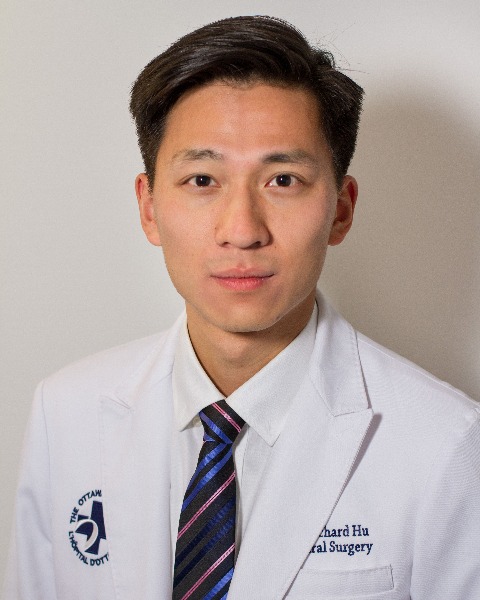Quality
P56: Characterizing postoperative antigen-specific T and B cell dysfunction to COVID-19 in cancer surgery patients.
- OO
Oladunni Olanubi, BSc, MSc
PhD Student
Ottawa Hospital Research Institute (OHRI), United States - TD
Taylor Dion, BSc
MSc Student
Ottawa Hospital Research Institute (OHRI), United States - RA
Rafeah Alam, BSc, MSc, PhD
Research Associate
Ottawa Hospital Research Institute (OHRI), United States - CT
Christiano Tanese de Souza, DVM
Research technician
Ottawa Hospital Research Institute (OHRI), United States 
Richard Hu, BSc, MSc, MD
Surgical Resident
Ottawa Hospital Research Institute (OHRI)
Ottawa, Ontario, United States- AC
Angela Crawley, BSc, MSc, PhD
Associate Professor
Ottawa Hospital Research Institute (OHRI), United States 
Rebecca C. Auer, MD, MSc, FRCSC, FACS (she/her/hers)
Director of Cancer Research
Ottawa Hospital Research Institute
Ottawa, Ontario, Canada
Rebecca C. Auer, MD, MSc, FRCSC, FACS (she/her/hers)
Director of Cancer Research
Ottawa Hospital Research Institute
Ottawa, Ontario, Canada
Author(s)
Oral Poster Presenter(s)
Submitter(s)
Infection with COVID-19 within 30 days after surgery is associated with an increased risk of major complications, despite preoperative vaccination. In murine models, cancer antigen-specific T cells are highly dysfunctional following surgery, leading to cancer recurrence. The effect of surgery on antigen-specific T cell and B cell function has not been well studied in humans. The widespread vaccination against COVID-19 and the availability of immunological assays to measure SARS-CoV2 specific immune responses presents and ideal opportunity to evaluate the effect of surgery on the adaptive cellular and humoral immune system.
Methods:
Patients undergoing major abdominal surgery for malignancy, who had received at least 2 doses of the Pfizer BNT vaccine were included. Blood was collected at baseline (POD0) and then on postoperative day (POD) 1, 3 and 28. Peripheral Blood Mononuclear Cells (PBMC) were isolated immediately and cryopreserved for flow cytometry and functional assays, including T and B cell ELISpot for measurement of IFNγ and IgG3 respectively, in response to the RBD domain of the SARS-CoV2 spike (S) protein. Flow cytometry was used to characterize the cell surface phenotype of CD8+ T cells and intracellular IFNγ and TNFα. Serum was collected for quantification of antibody titres against the S-protein. Statistical comparisons were conducted on SAS® using the paired t-test and Wilcoxon Rank test for parametric and non-parametric data respectively.
Results:
A total of 30 patients were included in the study. Surgical stress resulted in a significant reduction in the proportion of CD3+ T cells that secreted IFNγ in response to the SARS-CoV2 spike protein on POD1 by ELISpot (90.9±56.8 spots) as compared to POD0 (181.3±72.2, p< 0.0001), which persisted on POD3 (128.5±49.2, p< 0.01), but recovered by POD28 (163.2±51.9, p=0.1). This was associated with a significant decrease in intracellular TNFα expression (p=0.01) and an increase in cell surface expression of PD-1 (p=0.03), but no change in the expression of exhaustion markers, TIM-3 or TIGIT, nor of T-bet. Surgery also significantly impaired the production of IgG antibody by CD19+ memory B cells upon stimulation with the SARS-CoV2 spike protein on POD1 (49.1±47.9 vs. 105.7±67.7 spots on POD0, p< 0.0001). There was no measurable decrease in the IgG, IgM or IgA serum antibody titers against the S-protein on POD1.
Conclusions:
Surgery results in measurable suppression of antigen-specific T and B cell responses to COVID-19, with implications for both postoperative infections and cancer recurrence.
Learning Objectives:
- describe the effect of major surgery on postoperative antibody titres against the COVID-19 spike protein.
- describe the effect of major surgery on postoperative T cell cytokine secretion in response to the COVID-19 spike protein.
- describe the effect of major surgery on postoperative B cell antibody production in response to the COVID-19 spike protein.
